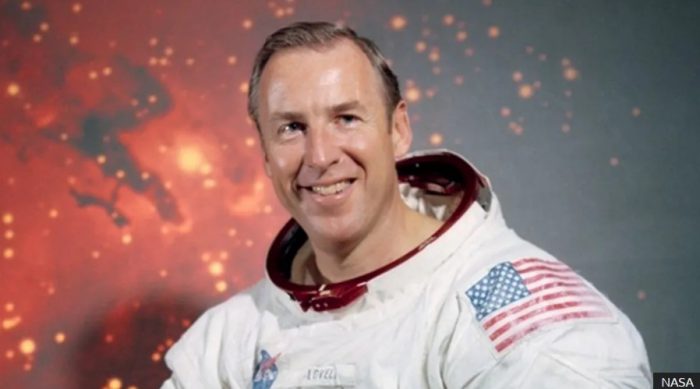Jim Lovell, the fearless commander who turned NASA’s most perilous mission into a triumph of human ingenuity, has died at 97, leaving behind a legacy that forever changed space exploration.
Jim Lovell, the legendary NASA astronaut who led the Apollo 13 crew through one of space exploration’s most harrowing ordeals, has died at the age of 97.
In April 1970, Lovell commanded a mission meant to land on the Moon — a dream cut short when an onboard explosion crippled the spacecraft, leaving it adrift hundreds of thousands of miles from Earth. What could have been a fatal disaster became a shining example of human ingenuity, teamwork, and calm under pressure. Against unimaginable odds, Lovell guided his crew back to Earth, culminating in the iconic Pacific Ocean splashdown watched live by tens of millions worldwide.
Lovell’s space career was marked by trailblazing achievements. A veteran of four spaceflights, he was part of the historic Apollo 8 mission — the first manned spacecraft to orbit the Moon — and became the first astronaut to journey there twice, though he never set foot on its surface.
NASA acting administrator Sean Duffy hailed him as a pioneer who “helped forge a historic path” for America’s space program. Lovell’s family remembered him for his unshakable optimism, warm humor, and his gift for making others believe in the impossible.
Hollywood immortalized Lovell’s Apollo 13 heroics in the 1995 film Apollo 13, where Tom Hanks portrayed him. Paying tribute, Hanks called Lovell one of those rare individuals “who dare, who dream, and who lead others to the places we would not go on our own,” noting that his voyages were driven not by fame or fortune, but by the sheer thrill of human challenge.
Lovell’s name is etched forever among the stars — a commander whose courage turned the b,rink of catastrophe into one of the greatest comebacks in human history.





